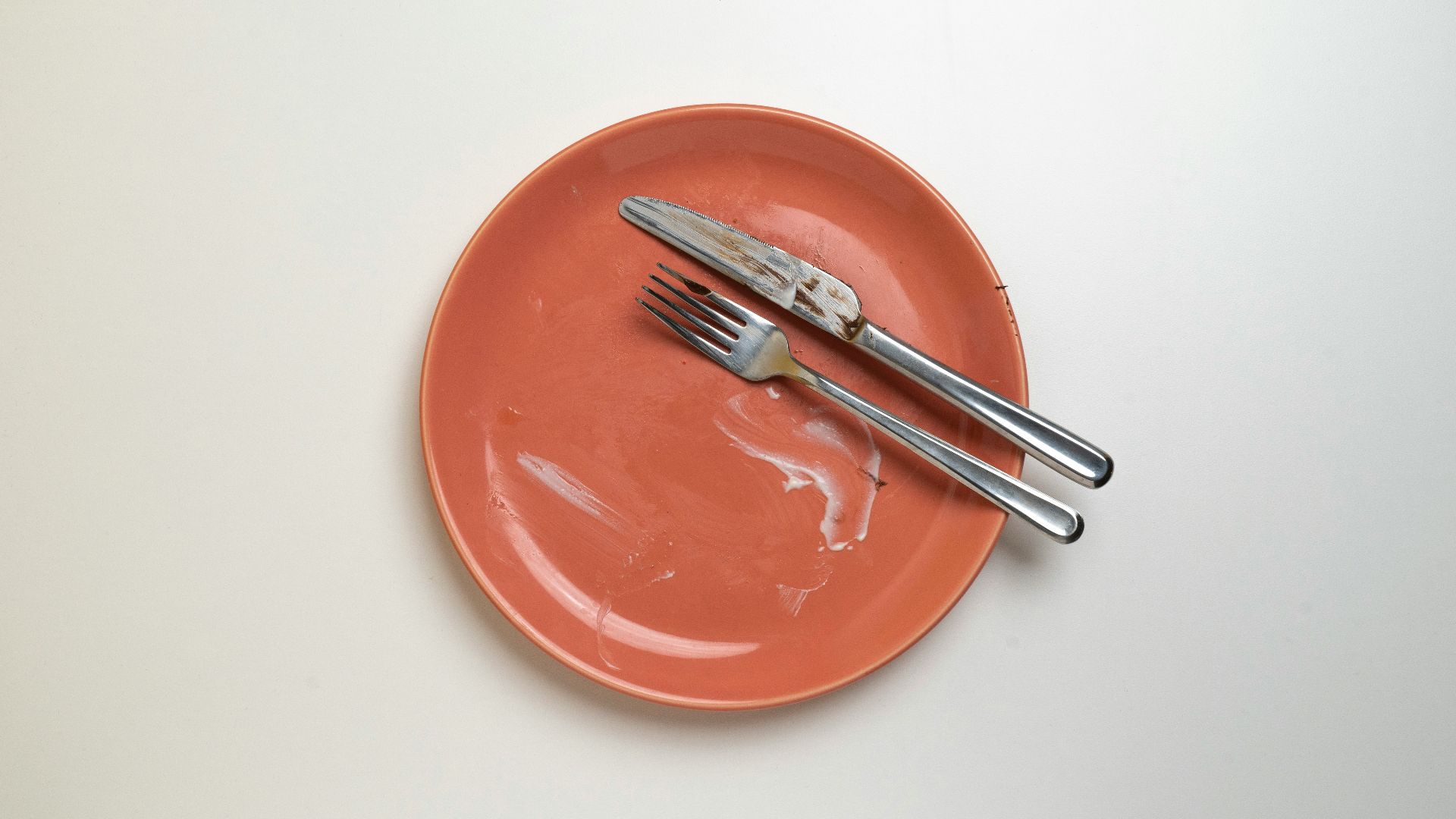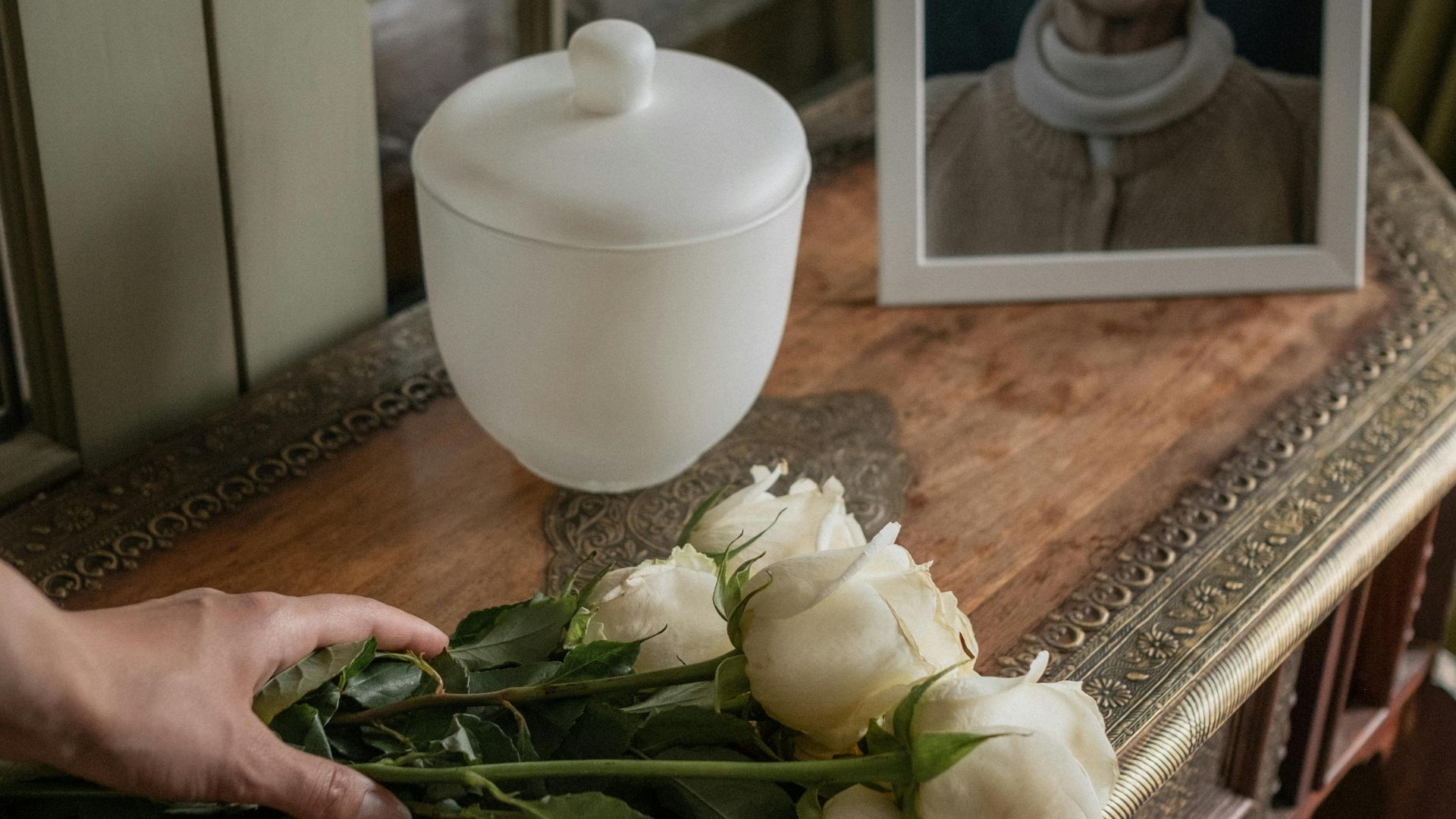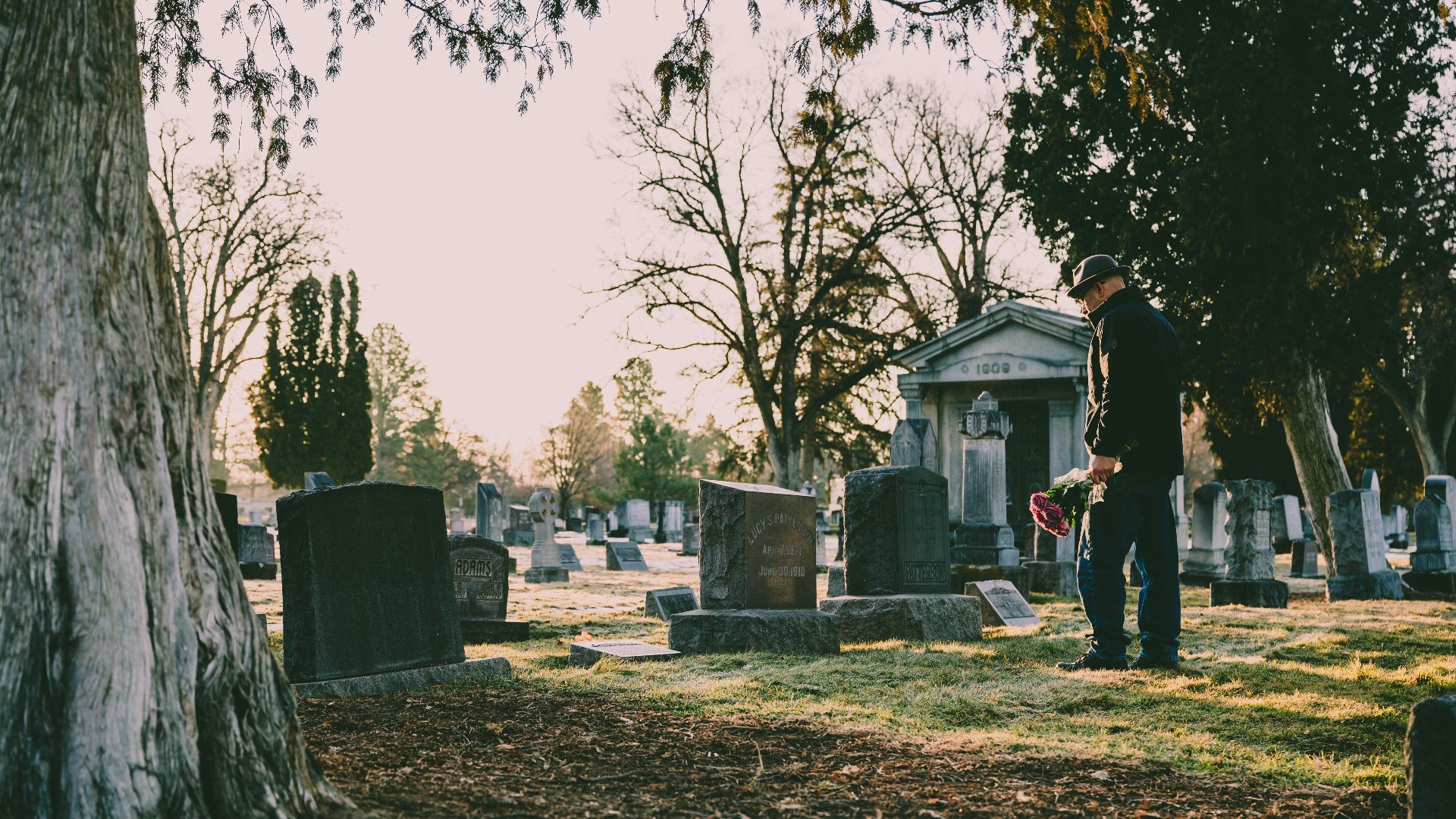Be Kind to Yourself
It’s hard to do anything after a devastating loss. Sleep comes in spurts, we’re not hungry, and we can hardly lift ourselves out of bed. The future seems like a distant blip on the radar, but we’ve compiled a list of 20 gentle ways to take care of yourself.
 Photo By: Kaboompics.com on Pexels
Photo By: Kaboompics.com on Pexels
1. Don’t Bottle Emotions
It’s tempting to bottle your emotions in the throes of grief. However, stuffing down your feelings won’t make them go away—they’ll come back, often with a vengeance, and demand to be felt later. It’s okay to express your emotions as they come. In fact, it’s healthy.
 The Good Funeral Guide on Unsplash
The Good Funeral Guide on Unsplash
2. Be Kind to Yourself
There’s no mold to grief, so be kind to yourself. Give yourself words of encouragement and recognize that your life will understandably look different. The last thing you need is an unkind word at a time like this.
3. Know There’s No “Right Way”
There’s no right way to grieve. Some people may want to get out of the house while others may not want company. Some people might cry every day while others can’t muster the strength to cry at all. However you deal with your emotions, the important thing is you do it healthily.
 Vidar Nordli-Mathisen on Unsplash
Vidar Nordli-Mathisen on Unsplash
4. Don’t Set a Timeline
You don’t need to get “over” your loved one a year from now. You don’t need to stop missing them ten years from now. Our lives learn to grow around grief and there’s no set timeline on how you’ll cope. Don’t place that burden on yourself.
5. Be Patient With Yourself
It’s okay to cry a week later or decline a night out so you can reflect on your loss. As mentioned, there’s no legitimate timeline, which means it’s vital to be patient. Show yourself the same kindness and understanding as you would a friend.
6. Get Some Sleep
When our bodies are wracked with sadness, it’s hard to get a good night’s sleep. However, try to make time throughout the day for rest. You don’t need poor sleep impeding your recovery.
7. Remember to Eat Something
It’s no surprise that grief zaps our energy. Some days it’s all we can do to get out of bed in the morning, let alone eat a balanced meal. It’s easier said than done but don’t neglect your well-being. Try to get some food in your stomach, even if it’s something small.
 Jonathan Greenaway on Unsplash
Jonathan Greenaway on Unsplash
8. Pay Attention to Hygiene
It’s understandable to skip your skincare routine or morning shower. While a day or two of processing is normal, remember to take care of yourself. Brushing your teeth, washing your face, and hopping in the shower all maintain a healthy routine.
9. Talk to Someone
Grief isn’t something to tackle alone. Speak with loved ones about your loss and surround yourself with a trusted support system. Friends and family are more than willing to help you during such a difficult time.
10. Hold a Personal Service
Sometimes a public service isn’t enough—sometimes we need a personal funeral for closure. It’s okay to host a small service in your house, light a candle in their name, or even write a letter to your loved one. Remember there’s no wrong way to grieve so long as you’re taking care of yourself.
11. Understand That Anger is Common
People often assume that grief only entails sadness, but it comes in all forms. Anger is common, so common that it’s actually considered the second stage of grief. It’s all part of the process, so don’t ignore the feeling. As unpleasant as it is, anger needs to be felt.
12. Let Others Help You
It can feel embarrassing to ask for help, especially after such a big loss, but don’t turn your back on those who care. They’ll help however you need—from bringing food to reminiscing about your loved one, it’s okay to lean on friends and family.
 Photo By: Kaboompics.com on Pexels
Photo By: Kaboompics.com on Pexels
13. Don’t Make Big Decisions
Postpone big decisions until you feel better. For example, don’t decide whether to toss away your loved one’s items. Grief significantly impacts our emotions, so you might regret spontaneous choices down the road.
14. Keep Memories Alive
Speaking of personal items, don’t be afraid to keep mementos. One day those items will illicit good memories instead of an overwhelming loss. There’s no shame in tucking away what matters.
15. Take Breaks
Go for a brisk walk. Cook yourself a small meal. Pop into the shower. Even if it’s something small, try to distract yourself from 24/7 grieving. Your mind and heart need time to breathe and indulging in simple activities gives them a much-needed break.
 Photo By: Kaboompics.com on Pexels
Photo By: Kaboompics.com on Pexels
16. Try Journaling
Journaling is one of the healthiest ways to express your emotions. Jot down your thoughts and keep track of memories as you process everything. Diaries are a lot like grief—there’s no right way to do it, so write down whatever feels natural.
17. Prepare for Big Dates
When you’re ready, think about how you’ll celebrate them going forward. What will their birthdays look like? The holidays? By anticipating upcoming events you’ll have an easier time when the day finally comes.
18. Know the Story
At some point, people will ask about your loved one. Try to narrate what happened so you’re prepared for any inevitable questions. It might seem small, but prepping the story can make it a little easier to rehash.
19. Call Your Doctor
One of the most crucial steps is knowing what healthy grief looks like. Not every symptom is normal—if you experience prolonged physical symptoms or have serious thoughts of self-harm, it’s time to call your doctor.
 Photo By: Kaboompics.com on Pexels
Photo By: Kaboompics.com on Pexels
20. Speak to a Therapist
There’s no shame in therapy, especially after such a monumental loss. Some professionals tailor their expertise to grief, so don’t be afraid to reach out if you need help. They’ll walk you through proper coping mechanisms and talk you through your trauma.
KEEP ON READING





















